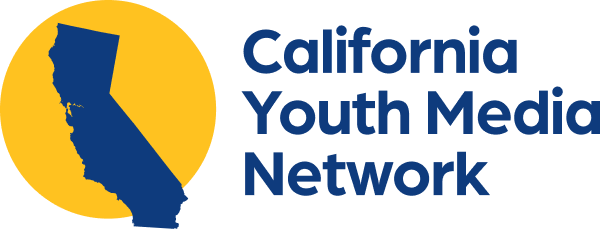An Ode to Depression
When I was a kid, my first language was laughter. My inheritance.
My father doesn’t know how to make it through 10 minutes without a joke. My mother, as serious as she is, laughs like a forest fire. My siblings taught me to snark and snickers before I knew Spanish or English. I grew up like this, laughing my lungs out and grinning without reason. It was the language of laughter, but it was also our language of love.
Video by Hispanolistic
In the fragile time between childhood and adolescence, for one reason or another, I forgot how to speak this language.
I forgot how to speak at all.
I felt as though I were walking blindfolded through a forest on a stormy day. Imagine it like this: You can’t see the world around you, so each time the wind pushes the branches your way, you imagine monsters. Branches hit you, roots trip you, the rain drenches you and all the while the wind roars.
If you could see, maybe you could dodge the branches, move the leaves, lift your foot over the roots and find shelter from the storm. But you can’t see. And that’s what gets you.
All you hear are your own thoughts, the fear hammering in your ribcage.
You live life like this. You keep going to school. Sometimes you do good. Sometimes you can laugh and it’s almost like it used to be.
But before you know it, you’re back in that forest, stumbling through the dark.
And in those moments, the world keeps moving on. You still have to go to school. Assignments pile up. Your friends don’t know how to talk to you. Your siblings’ snark hurts in a way it never did. Your mother looks at you with those sad eyes and doesn’t know what to do.
More than the loss of my self-worth in the face of academic failure, more than the estrangement from my friends, more than the hours spent alone and restless, it was my mother’s eyes that tore me open.
Her eyes, all-seeing, all-feeling, always looking at me reflecting the grief I felt in my bones. Her kindness. Her voice, impossibly soft, unlike the sternness of my youth.
In my third year of high school, when I was finally sick of living at the whims of my emotions, I reached out for help.
The school social worker, my first therapist, told me that the look in my mother’s eyes was love, not grief.
My therapist spoke to my mother and me together and I witnessed my mother proclaiming her love for me again and again. And that’s when the blindfold fell off.
I realized that I was not alone in that forest.
I could see that there were people right ahead of me, all around me, walking with me through the forest.
My mother loved me through my darkest moments. All around me, I was being loved, even if I had forgotten how to be loved.
I had isolated myself. Humans are not meant to be isolated creatures. We need the people around us, as much as they need us.
To heal, I needed to love and be loved.
I love my mother, who made my favorite tamales for my birthday and drove them up to Berkeley, where I now study, to surprise me (on a weekday nonetheless). I love my siblings, who never forget to wrap me up with their prayers and best wishes — my own personal shield.
In the danger of this strange new city, a sharp contrast to the small, love-worn town I grew up in, sometimes I think the only way I stay so safe is because I am wrapped in that shield of love. I love my friends, both old and new, for having no obligation to love me but loving me still, and teaching me new ways to laugh and new things to grin about. I love the people who love me and through them, I have begun to learn to love myself anew.
The baby that laughed in her mother’s strong arms, the gap-toothed child who looked up to see the sunshine through the leaves of tall trees, the pre-teen who isolated herself and ached to be held, the teenager who chased destruction and rebirth, the adult who is being formed.
All of these people I have been, I love.
I still catch myself in that forest sometimes, as hard as it is to admit.
This whole piece is full of things that are hard to admit. Talking about my depression makes me face qualities of myself that I consider weak. It makes me feel guilty and ungrateful, I feel like I have no valid reason to be depressed.
But depression doesn’t work with reason, as hard as it has been to come to terms with. The only thing that made me understand this was the idea that if I invalidate my experience, I am also invalidating countless other people’s experiences, even people I personally know and love who have struggled in similar conditions as mine. I had to remember that my and others’ pain is valid.
People get depressed, no matter the reason. And we all need a hand. I needed that hand to peel off the blindfold for me.
Even if I return to that forest now, the love that surrounds me will not allow me to be blindfolded again.
I laugh more now. That rib-aching, breathless, carefree kind of laugh that traps you in a moment of pure joy. I haven’t laughed like that since I was a kid.
Video by wundervisuals
I hope everyone who has ever felt like they were walking through life blindfolded finds how to peel it off. And I hope they can find a way to laugh like a kid again.


